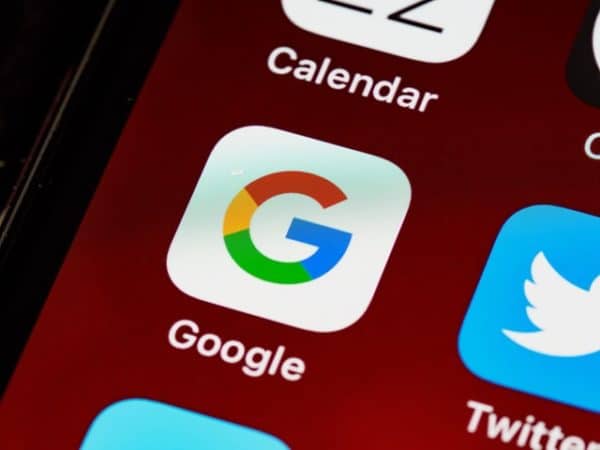
Whether you cite Tim Berners-Lee, John Perry Barlow, J.C.R Licklider, Claude Shannon, Vint Cerf, or one of the many other pioneers whose work led to the creation of the modern internet, it’s certainly not what they intended. Most envisioned a free and open exchange of information, a world commons devoid of the common rule of governments and business, but as Wired writes, our internet today is dominated by four or five huge companies with unprecedented power and capital.
Increasingly so, major outlets discuss a so-called ‘broken internet’ and the prospect of a new space built on the ideals of those original creators as well as what we know now. Until this possible digital utopia takes shape, we have the ever-dominant modern internet, but even in this increasingly dystopic digital environment, there are some that pay tribute to the original vision, offering important information for free.
Open-mindedness proved folly
As opened, many key figures contributed to what would eventually become the internet, with many of them being mostly open-minded and optimistic about what could come of this globe-connecting network. Most knew that they were placing the stepping stones towards something truly world-changing, and they were right about that. What they were wrong about is how the openness of the internet would enable the opposite of what was idealized.
Convinced of a computing revolution in 1968, J.C.R. Licklider foresaw an array of different protocols and networks, all operating on a level playing field, being open as a forum for the free exchange of ideas, The Verge details. Although a computing revolution has come about, the digital space has proven just as susceptible to the rules of nature as any creature: without defenses, it was prime for predation. Now, there’s monopolized power in just about every facet of the internet.
The person most commonly credited as the inventor of the internet, Tim Berners-Lee, certainly dislikes the state of the internet. Berners-Lee has never directly profited from setting the internet in motion, but had forewarned of its destructive power should it fall into the wrong hands, as the Vanity Fair interview relays. He may not have thought this a prophecy at the time, but he’s been working on a new platform to reclaim the Web as a result.
Ways to embrace the free internet
While it’s fair to say that the internet is nothing like what early pioneers of it intended – although Berners-Lee certainly had his doubts as the World Wide Web came to fruition – the online world still has a lot to offer that adheres to the free exchange of ideas. All of the principles may not be present, but anyone can get useful and important information via an internet connection.
Anyone looking to get a house knows that the modern process is still rather archaic, but there are online services that offer key parts of the process reliably and for free. Trussle’s mortgage in principle tool checks against major mortgage lenders for free and with a soft check. This way, credit scores aren’t harmed by using the free tool, the usual information isn’t required, and users get accurate information on how much they could lend.
It’s not just services that can be found for free, though. Just as libraries on land offer the public free information, so too does Project Gutenberg. Striving to collect essential reading and great literature from the ages, the platform’s library of over 60,000 eBooks is completely free to access and utilize. In a similar line of work, FutureLearn also runs a free learning program, which grants you access to courses for their duration, regardless of when you join.
The internet that we’ve got may not be the one that its pioneers wanted, but there are some glimmers of the original vision out there, offering high-quality information for free.
 Gearfuse Technology, Science, Culture & More
Gearfuse Technology, Science, Culture & More

